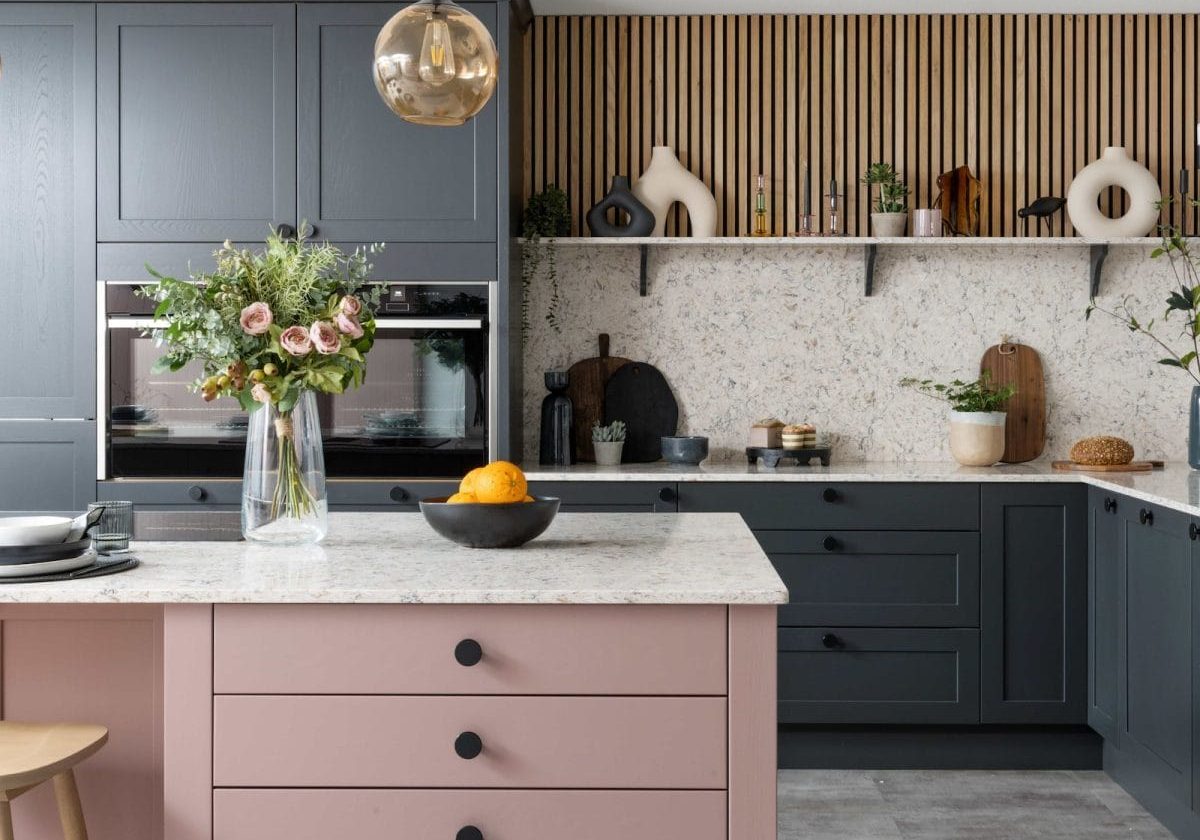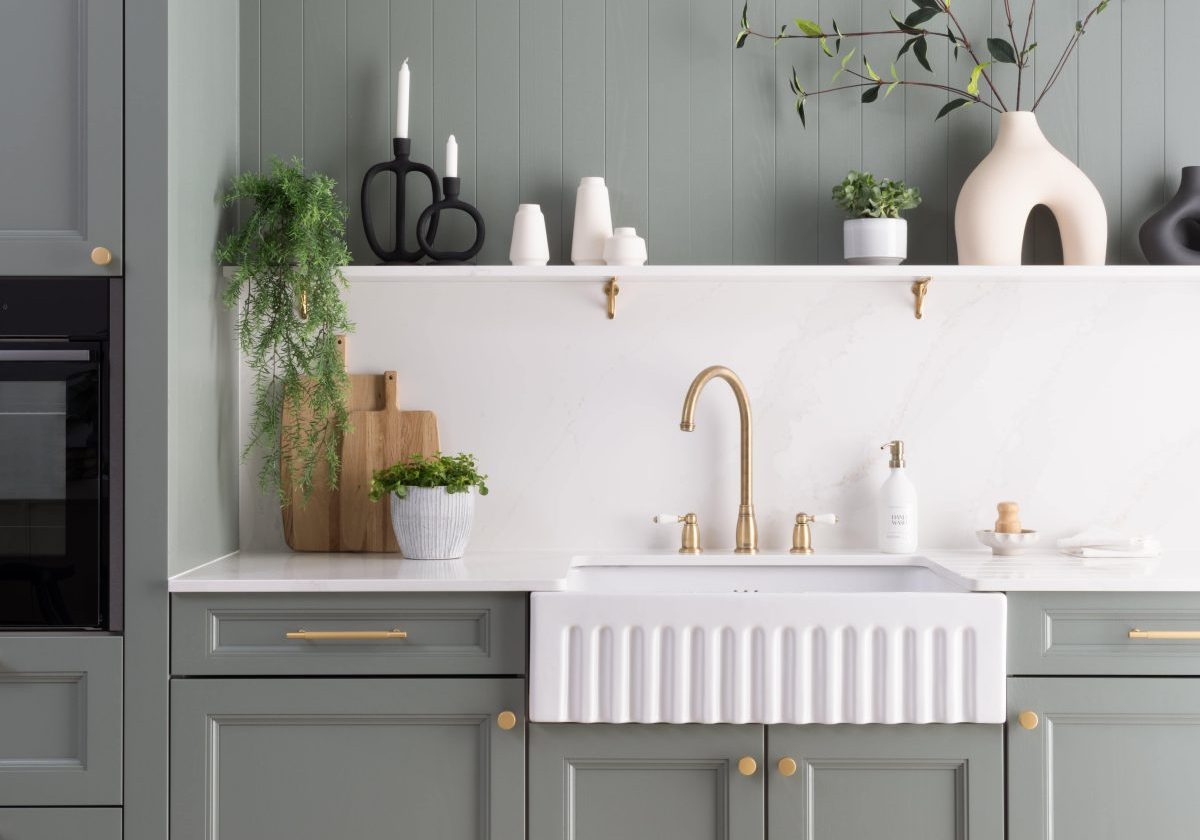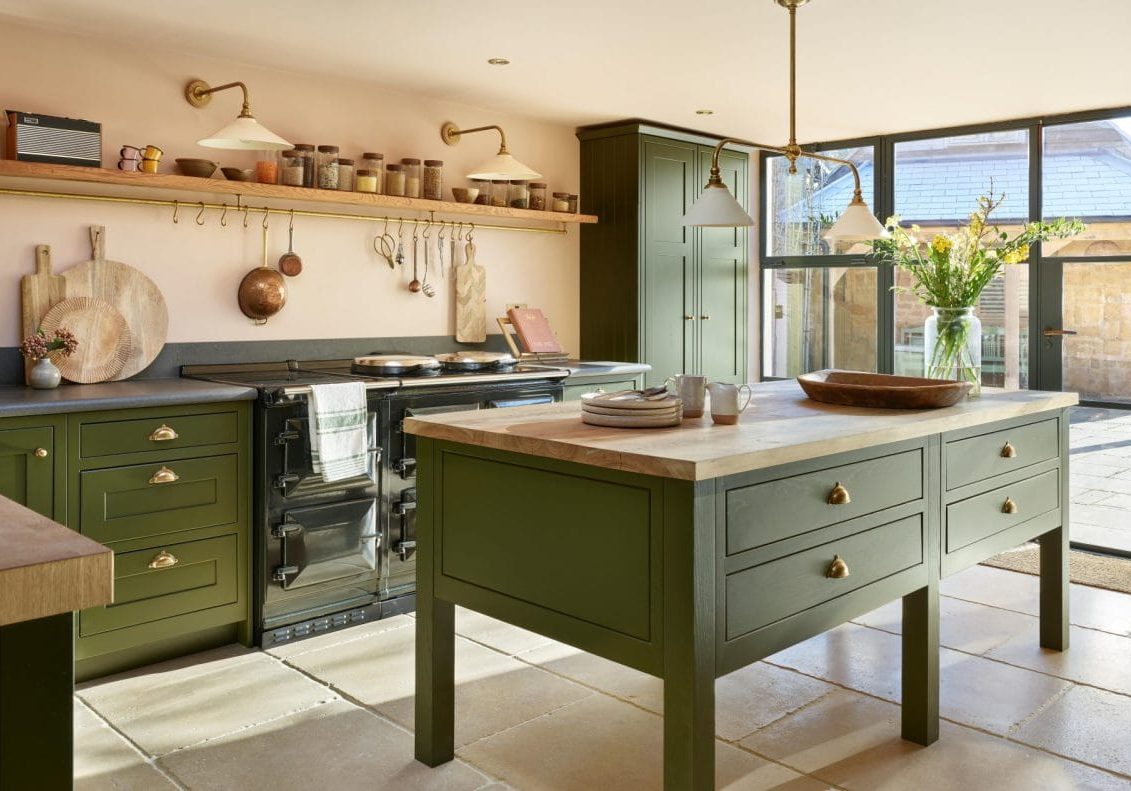Since the COP26 summit, sustainability has been the word on everyone’s lips. Never have consumers and retailers alike felt so aware of the need to push back against climate change. And, from the vehicles we drive to the products we buy at the supermarket, for better or worse, it seems like there’s no limit to the choices we can make to do our part.
Unfortunately, when it comes to making the right decisions surrounding our homes, it can be tricky to see the wood for the trees. For instance, you don’t have to live in a timber-clad kit home or a recycled shipping container to create a more sustainable kitchen. There are plenty of simple choices you can make to achieve an environmentally friendly, long-lasting design that doesn’t compromise style or functionality.
Prioritise Longevity
One of the most important factors when aiming to create a more sustainable kitchen is longevity. Whether your kitchen is recyclable, non-recyclable or produced from sustainable materials, ripping out your interior and replacing it after just a few years is a waste of valuable resources and energy. Of course, that’s not to say you should never invest in a new kitchen, however, you should certainly aim to ensure your new design lasts as long as possible.
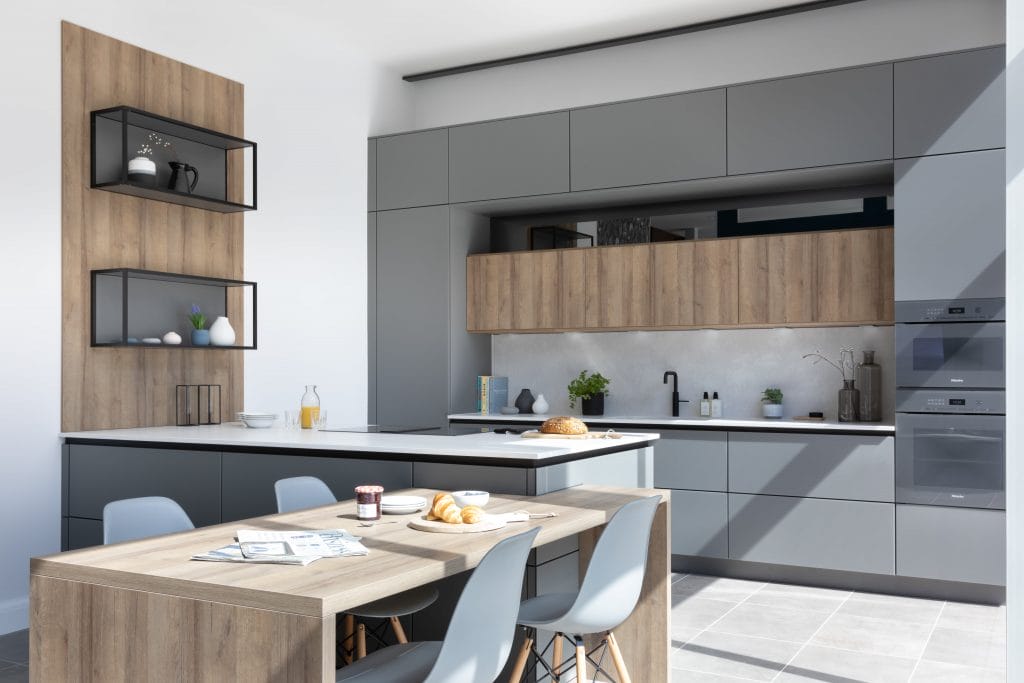
Nail The Design
The best and most accessible way to ensure your new kitchen stands the test of time is to perfect your design. Creating a successful kitchen design that’s as practical and stylish now as it is 20 years down the line requires time and careful consideration. While you may have some great ideas about how to future-proof your kitchen, we always recommend enlisting the services of a professional. From introducing enough storage to deciding where to put your sink, an experienced kitchen designer should be able to help you find the very best layout and practical solutions, leaving you with a truly timeless space.
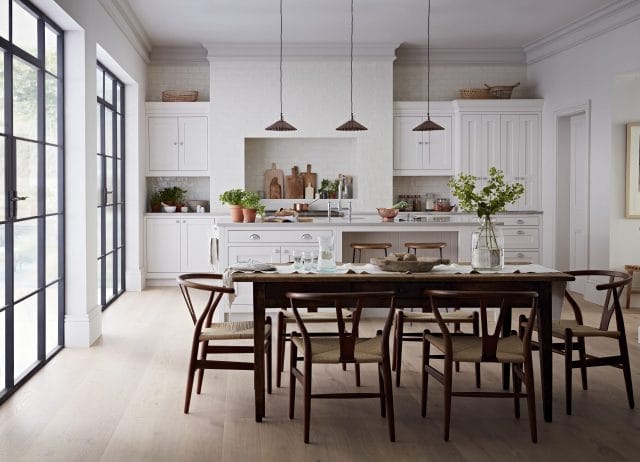
Choose Quality
Another way to extend the life of your kitchen is to invest in quality. From the craftsmanship and components behind the construction of your kitchen to the attention to detail with which it’s installed, a high-quality, professionally fitted interior should stand up to the rigorous demands of everyday use, retaining a flawless finish for many years to come. The best way to secure a quality kitchen is to pay a visit to your local independent retailers. As well as offering all the expertise required to design and install your kitchen to the highest standard, they should be able to talk you through the materials and techniques used to create their products, assuring you of their quality.
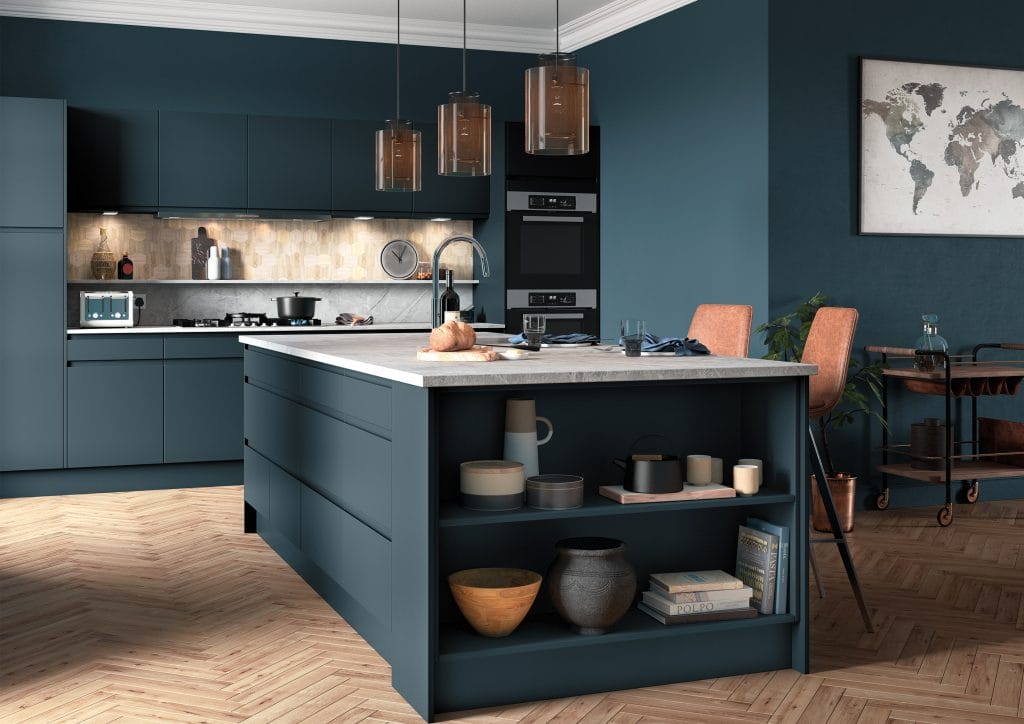
Invest In Sustainable Materials
Sustainability is becoming a top priority for kitchen manufacturers across the world. Many suppliers are investing in minimising their carbon footprint by reducing waste, using renewable energy, improving manufacturing techniques and utilising sustainable materials. While it’s important to ensure that the resources used in your kitchen aren’t wasted after just a few years, it’s also easier than ever to make sustainable choices regarding the production techniques and materials used in your kitchen in the first place.
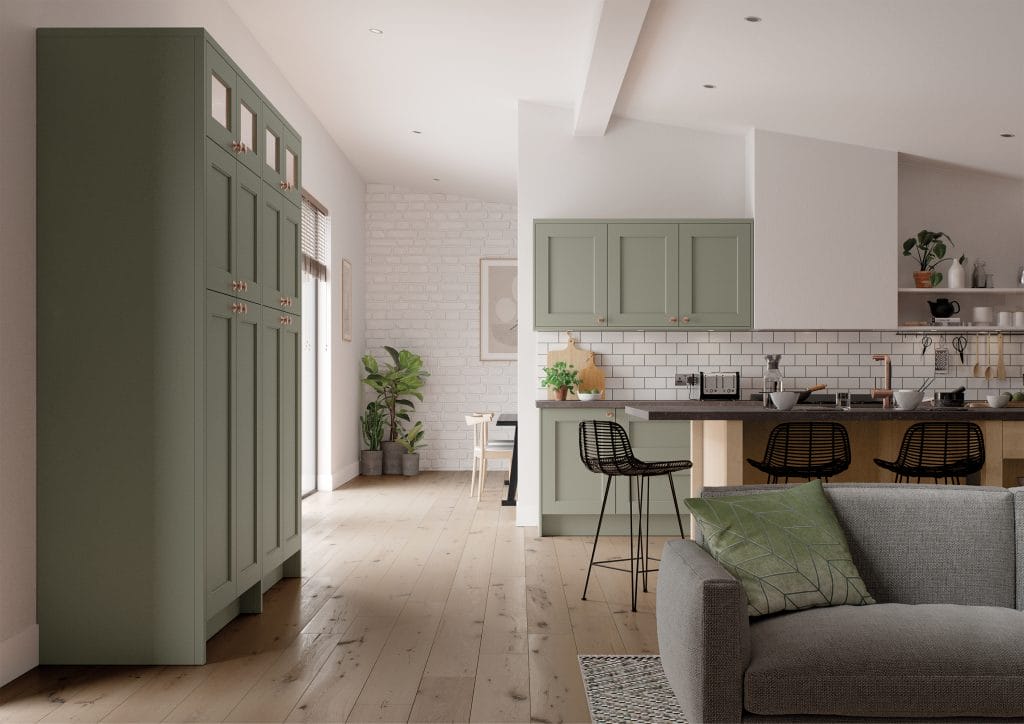
Select FSC/PEFC Timber For Your Kitchen Units
Most kitchens are constructed from a timber or composite wood carcass, both of which are considered sustainable materials when sourced from responsibly managed forests or produced from recycled materials. FSC and PEFC accreditations certify that the wood used has been sourced sustainably and ethically. Though a little more costly, solid wood kitchens make the most durable and long-lasting choice, as well as being sturdily built, they can also be sanded down and repainted should you wish to update the look of your design.
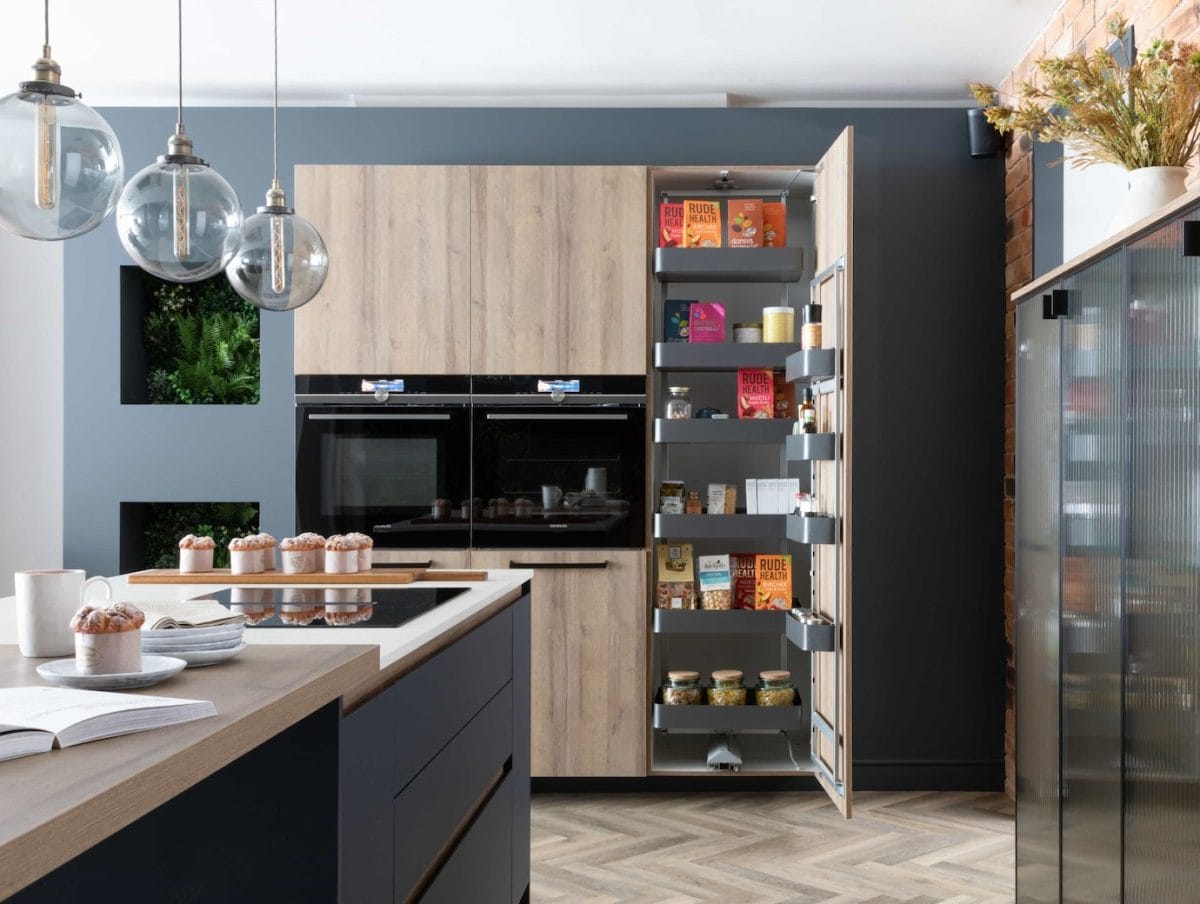
Sustainable Worktop Materials
While selecting sustainable materials for your kitchen units is relatively simple, you may wish to give a little more thought to your choice of worktops. FSC, PEFC or recycled timber worktops are one option. However, they do require regular maintenance, which might not be convenient depending on your lifestyle. Recycled glass is another popular choice. However, we are huge fans of Cosentino’s Dekton!
Officially 100% carbon-neutral, Dekton by Cosentino is sustainable, durable, stylish, and long-lasting. Dekton is available in a stunning choice of colours, finishes, and formats and is fully heat, stain, and scratch-resistant. It even comes with an impressive 25-year warranty!
If you prefer a more natural finish, Cosentino has also changed how they manufacture their Silestone range. Their HybriQ+ technology combines 20% recycled materials with a carbon-neutral, waste-free manufacturing process, creating an eco-friendly high-performance quartz worktop. Both options make a luxurious, durable, and sustainable choice.
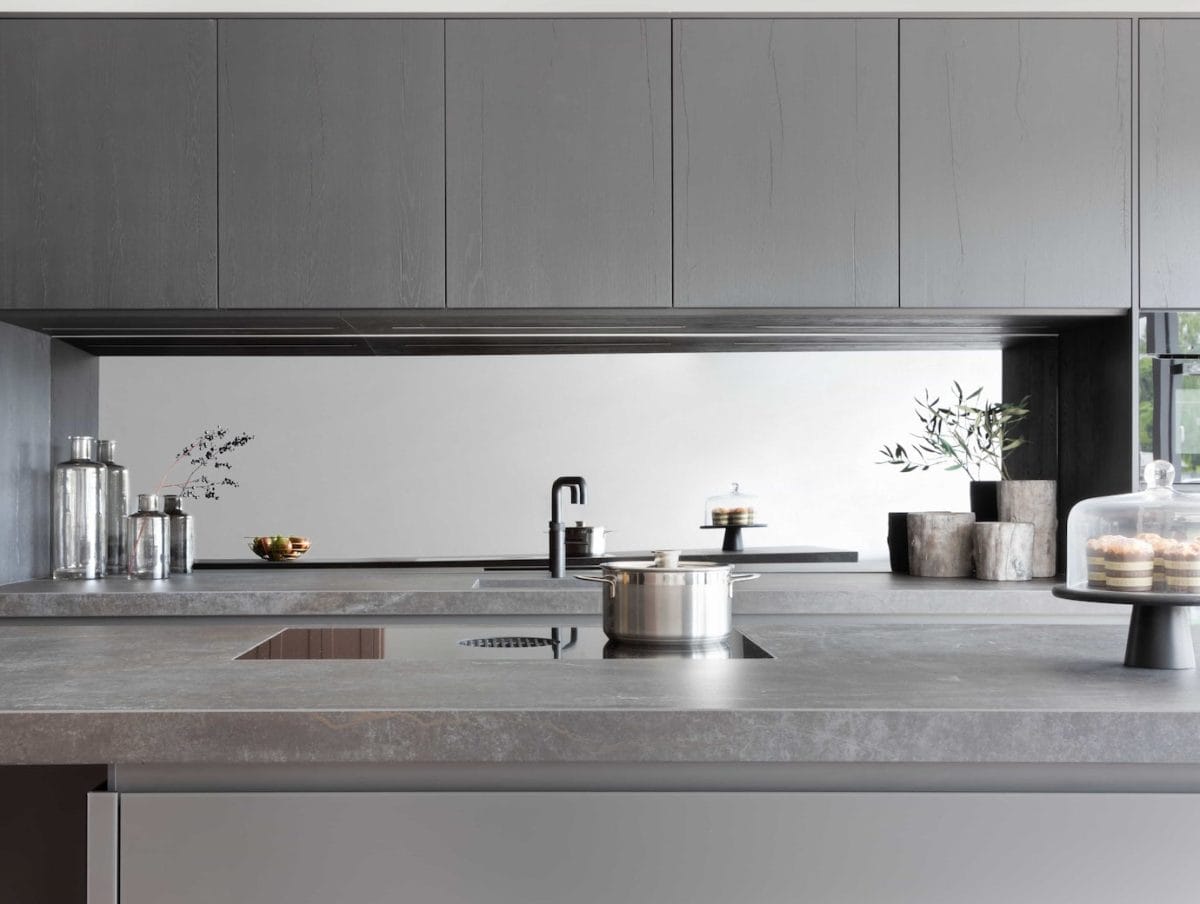
Check Manufacturer Credentials
Unsure whether the kitchen you’re considering is made from sustainable timber or how your worktops are produced? A simple way to find out how sustainable your potential kitchen is is to check the manufacturer’s credentials. A quick Google should tell you what materials and manufacturing techniques your chosen brand employs.
Here at Classic Interiors, we are dedicated to sourcing the finest quality products to share with our clients and are keen to ensure all our kitchen units are sustainably produced. Our exquisite solid wood in-frame kitchens are hand-crafted and hand-painted just around the corner from us in Birmingham. Our trusted family-run suppliers Mereway are committed to reducing their carbon footprint. As well as sourcing timber from sustainably managed forests, they are also carrying out a host of environmental initiatives, including recycling offcuts to fuel their factory, minimising delivery mileage and using energy-efficient equipment. Likewise, our German kitchen supplier, Pronorm, is committed to using PEFC-certified timber and is also taking measures to reduce energy consumption, noise pollution, and waste production.
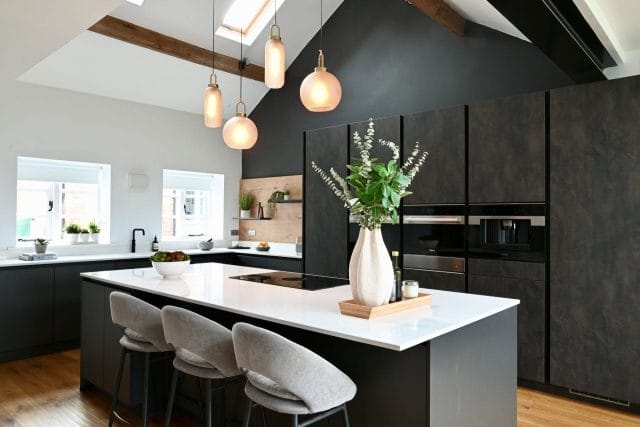
Eco-Friendly Flooring options
Due to the adhesives and chemicals used in the production of laminate and vinyl flooring, they cannot be considered environmentally friendly. Engineered hardwood made from FSC or PEFC-certified timber is a more sustainable choice for those looking for a warm natural wood effect. Responsibly sourced stone, cork, bamboo and biodegradable linoleum are other alternatives.
Concrete flooring is hugely popular in modern homes. The pristine polished surface undoubtedly looks stunning if you’re a fan of the minimal industrial look. Unfortunately, the vast quantities of water and chemicals used to produce concrete make it a poor choice in terms of sustainability! Resin can create a similar effect without the detrimental environmental impact.
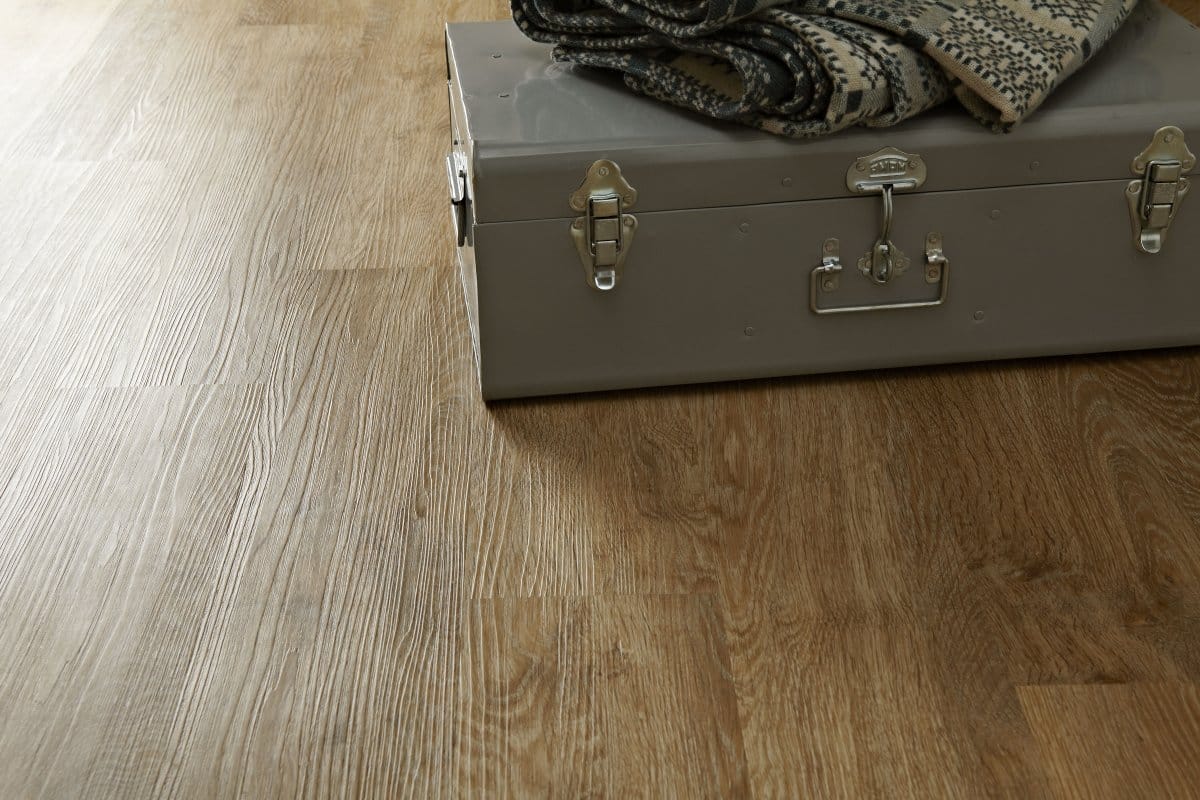
Choose Energy-Efficient Appliances & Lighting
Achieving a more environmentally friendly kitchen isn’t just about the immediate impact of your choices. You can also enhance the long-term sustainability of your kitchen by opting for more energy-efficient appliances and lighting. With energy providers in the UK already offering renewable electricity packages, an energy-efficient induction hob makes an excellent alternative to traditional gas and electric cooktops. When shopping for appliances, the energy rating will quickly point you in the right direction, with A+++ being the most energy-efficient and G being the least.
Choosing more environmentally friendly lighting is simple. Many of us already use LED lights throughout our homes. They are 90% more efficient and much longer-lasting than incandescent and fluorescent bulbs, making them a much more sustainable choice.
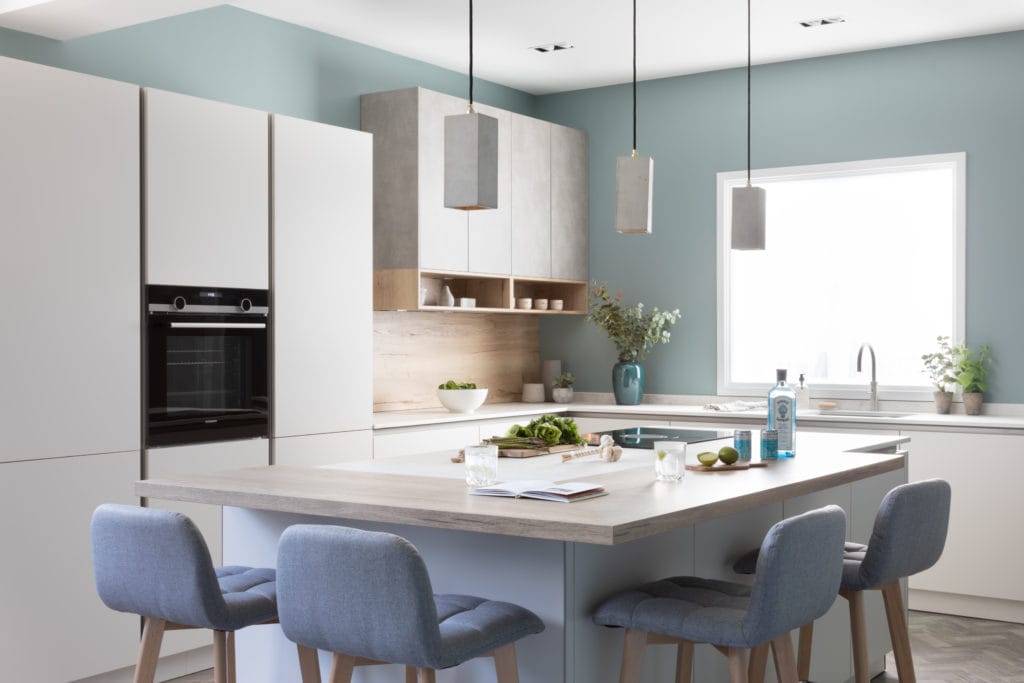
Making more sustainable choices regarding your new kitchen isn’t necessarily as challenging as you might think. Here at Classic Interiors, we have plenty of options for those keen to minimise the environmental impact of their new kitchen, and our designers would be more than happy to help. For more advice on creating a sustainable kitchen or to discuss your upcoming project, please contact our showroom by calling 01527 66740 or emailing hello@classicinteriors.co.uk.


